Find Your Perfect Wood Product
If you find a product you like, reach out to us for more details and assistance.
American Black Walnut
One of the most enjoyed American hardwoods for its fine-yet-open grain, unique patterns, and bold dark color. Walnut is easy to cut, shape and sand, and the wood takes on an amazing look with a clear finish.
This Black Walnut is graded on oak rules which surpass those standards set by NHLA for FAS grade lumber. This provides for superior cutting units with higher heart content, consistent characteristics and fewer defects compared to standard walnut grading.
| Thickness: | 4/4, 6/4, 8/4 |
| Length: | 8-10 ft |
This grade of Black Walnut is graded on NHLA walnut rules and offers the highest NHLA grade Walnut.
NHLA rules require this lumber be:
- 83.3% clear of defects
- Minimum Board Size: 6″x8′
- Minimum Clear Cutting Size: 3″x7′ or 4″x5′
| Thickness: | 4/4 |
| Length: | 8-10 ft |
| Common Name(s): | Black Walnut, American Walnut |
| Scientific Name: | Juglans nigra |
| Distribution: | Eastern United States |
| Tree Size: | 100-120 ft (30-37 m) tall, 2-3 ft (0.6-1 m) trunk diameter |
| Average Dried Weight: | 38 lbs/ft³ (610 kg/m³) |
| Janka Hardness: | 1010 lbf (4490 N) |
| Crushing Strength: | 7580 lbf/in² (52.3 MPa) |
Heartwood: Can range from a lighter pale brown to a dark chocolate brown with darker brown streaks. Color can sometimes have a grey, purple, or reddish cast.
Sapwood: Pale yellow-gray to nearly white.
Grain: Usually straight, but can be irregular.
Texture: Medium texture with moderate natural luster.
Black Walnut is rated as very durable in terms of decay resistance, though it is susceptible to insect attack.
Typically easy to work provided the grain is straight and regular. Planer tearout can sometimes be a problem when surfacing pieces with irregular or figured grain. Glues, stains, and finishes well (though Walnut is rarely stained). Responds well to steam bending.
- Furniture
- Cabinetry
- Interior paneling
- Veneer
- Turned items
- Small wooden objects and novelties

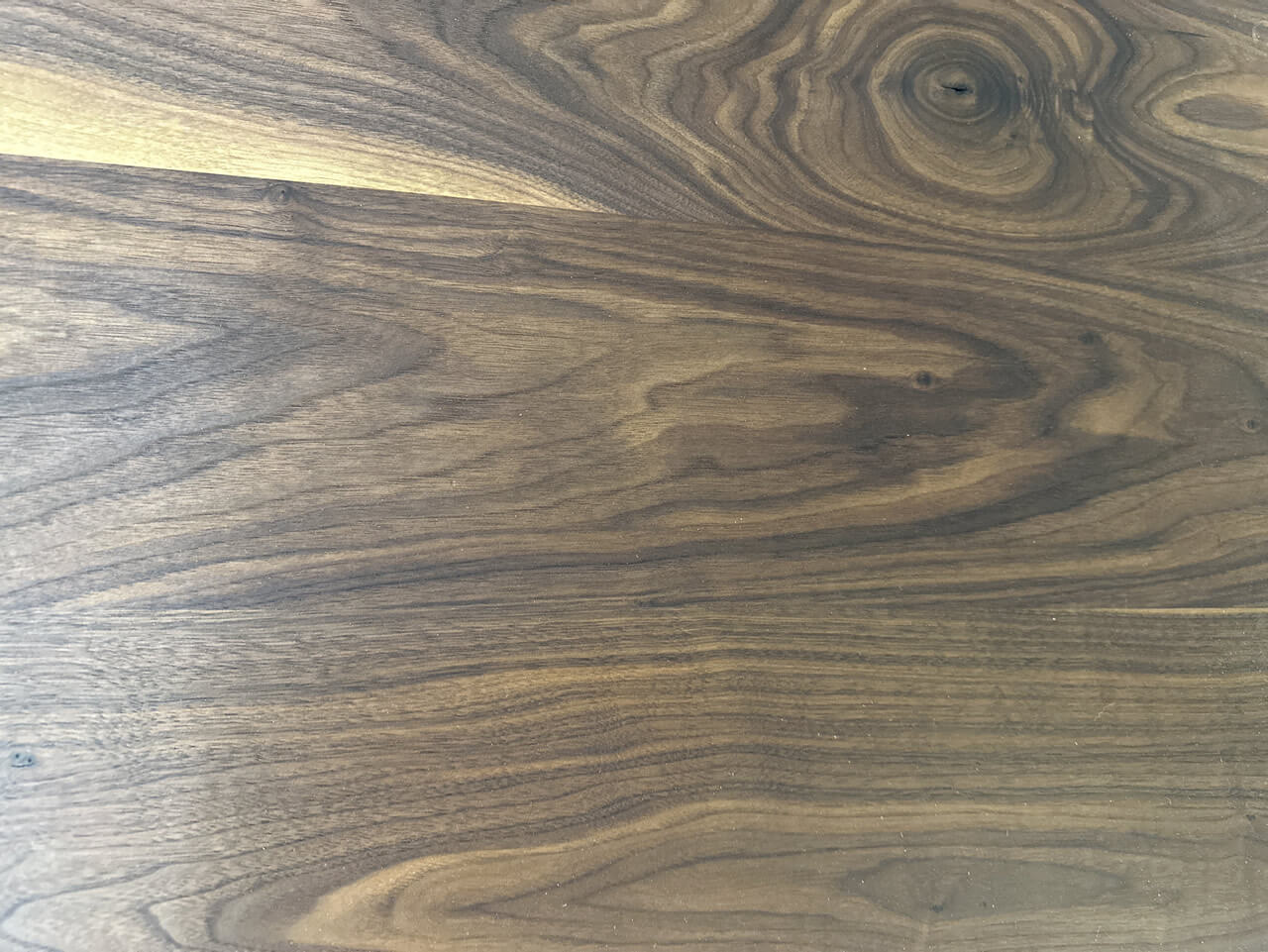
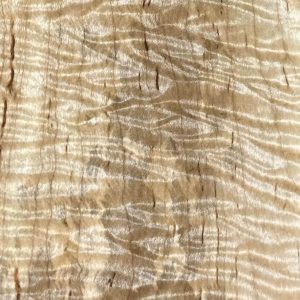
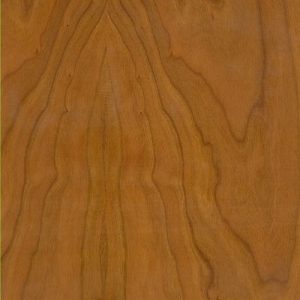
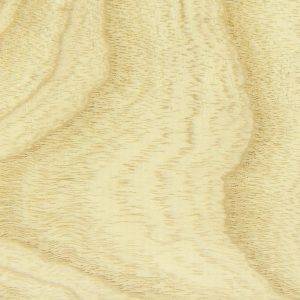
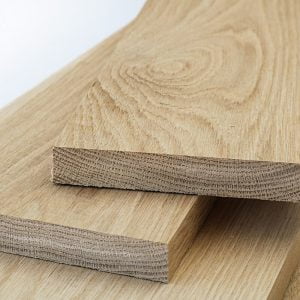
It would be hard to overstate Black Walnut’s popularity among woodworkers in the United States. Its good working characteristics, coupled with its rich brown coloration, put the wood in a class by itself among temperate-zone hardwoods. To cap it off, the wood also has good dimensional stability, shock resistance, and strength properties. In limited situations, Black Walnut can sometimes be considered an alternative to ebony and other dark-colored hardwoods.